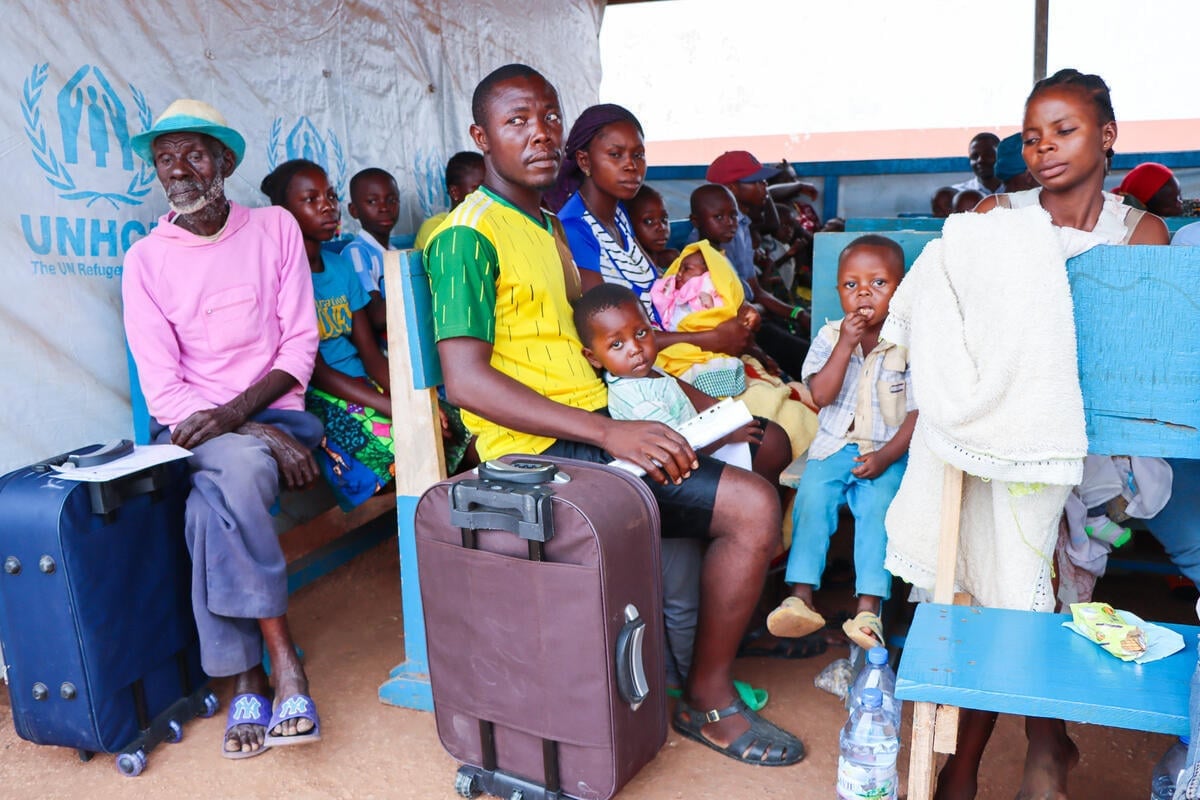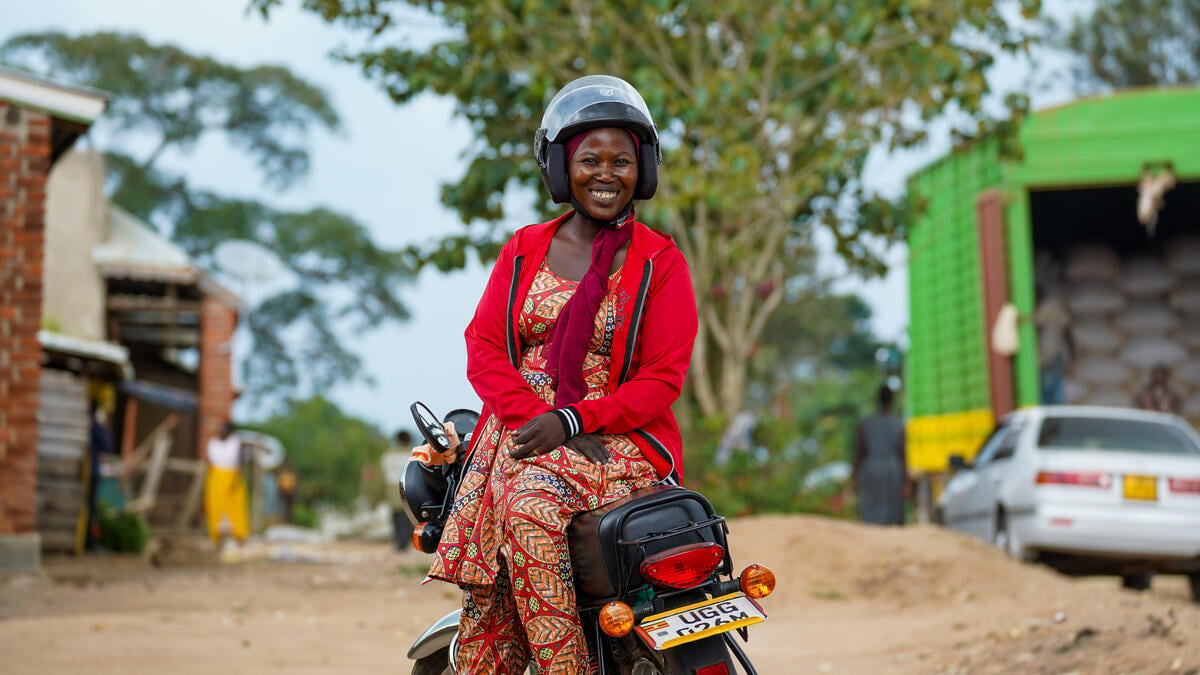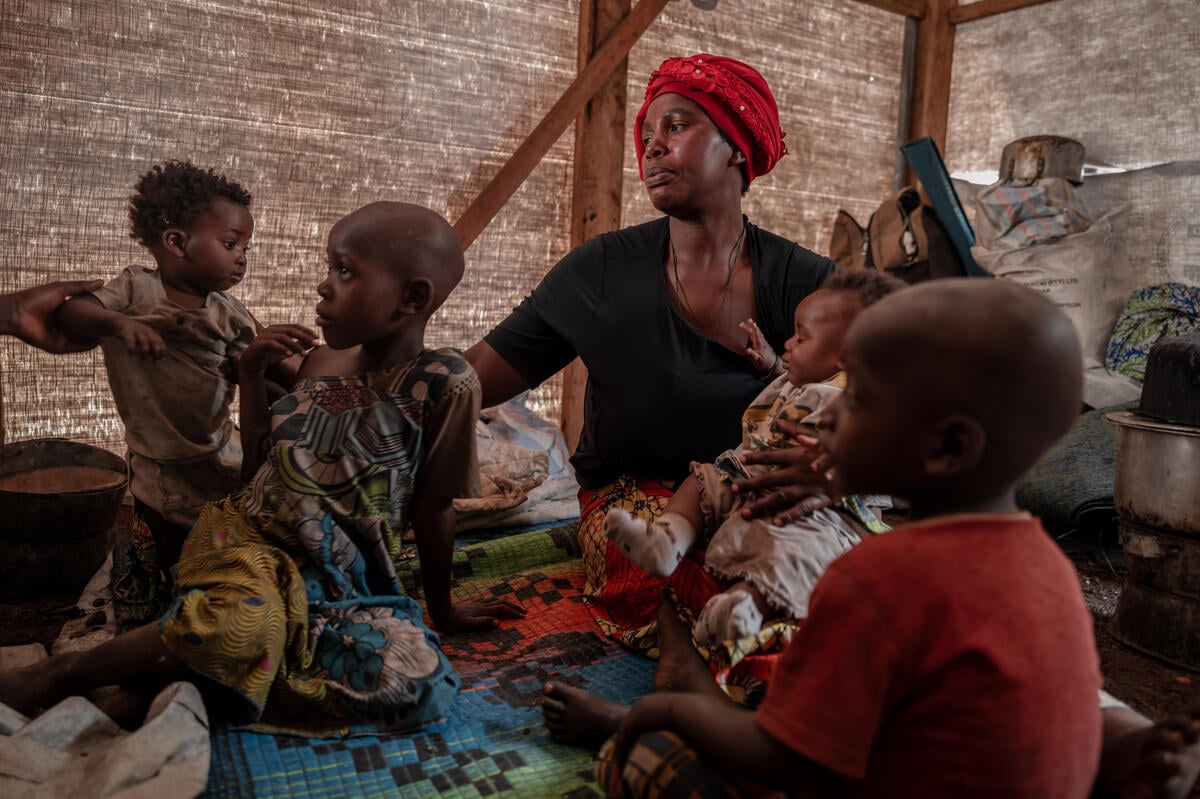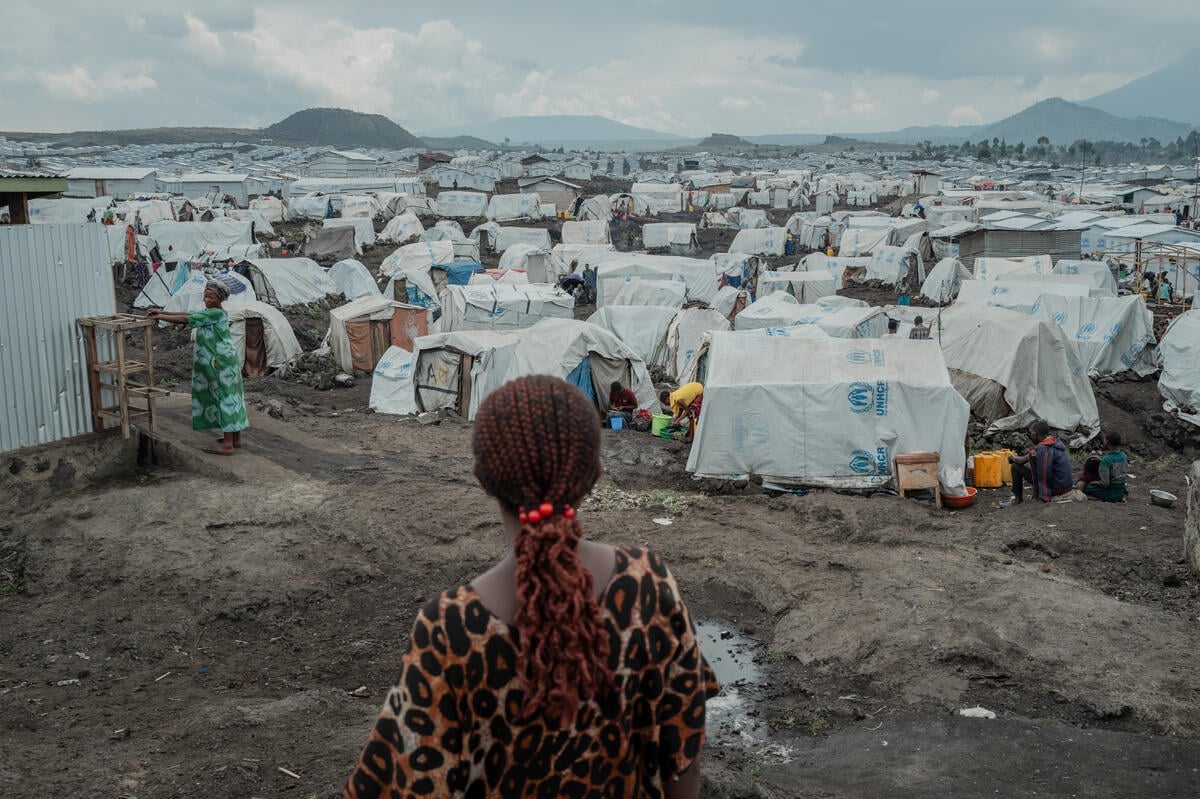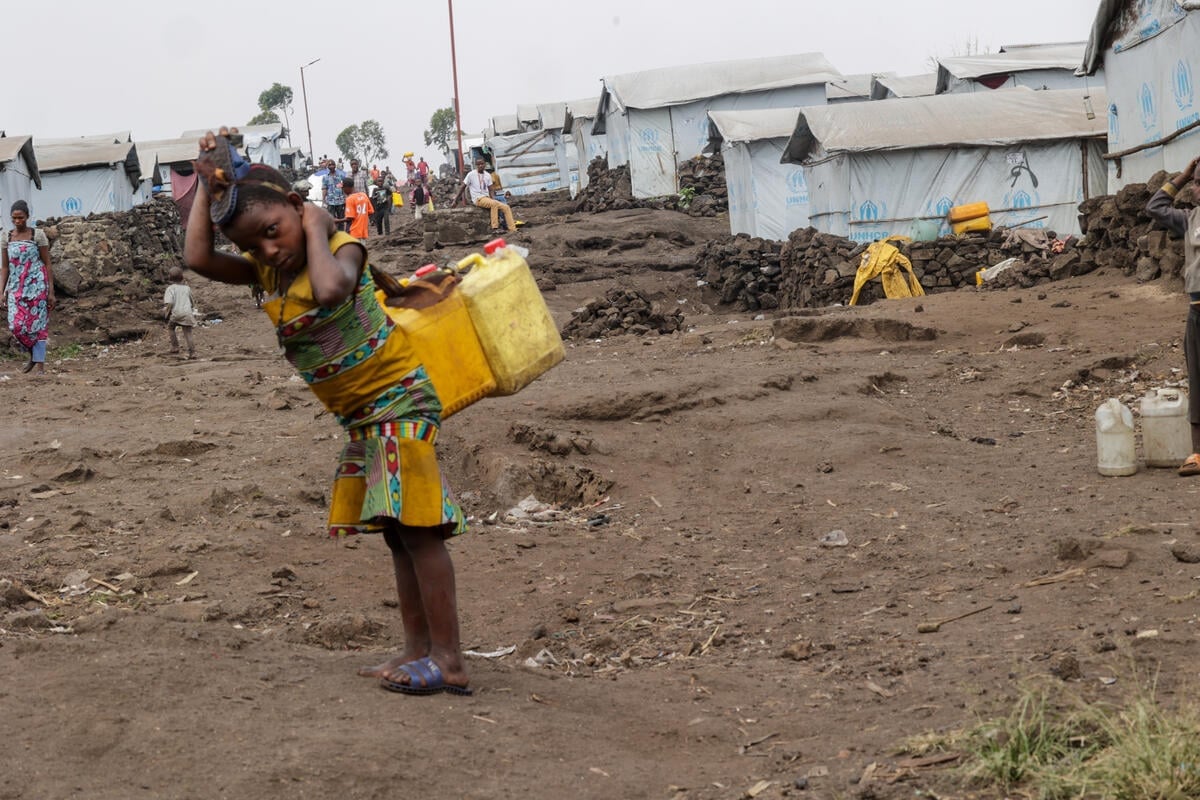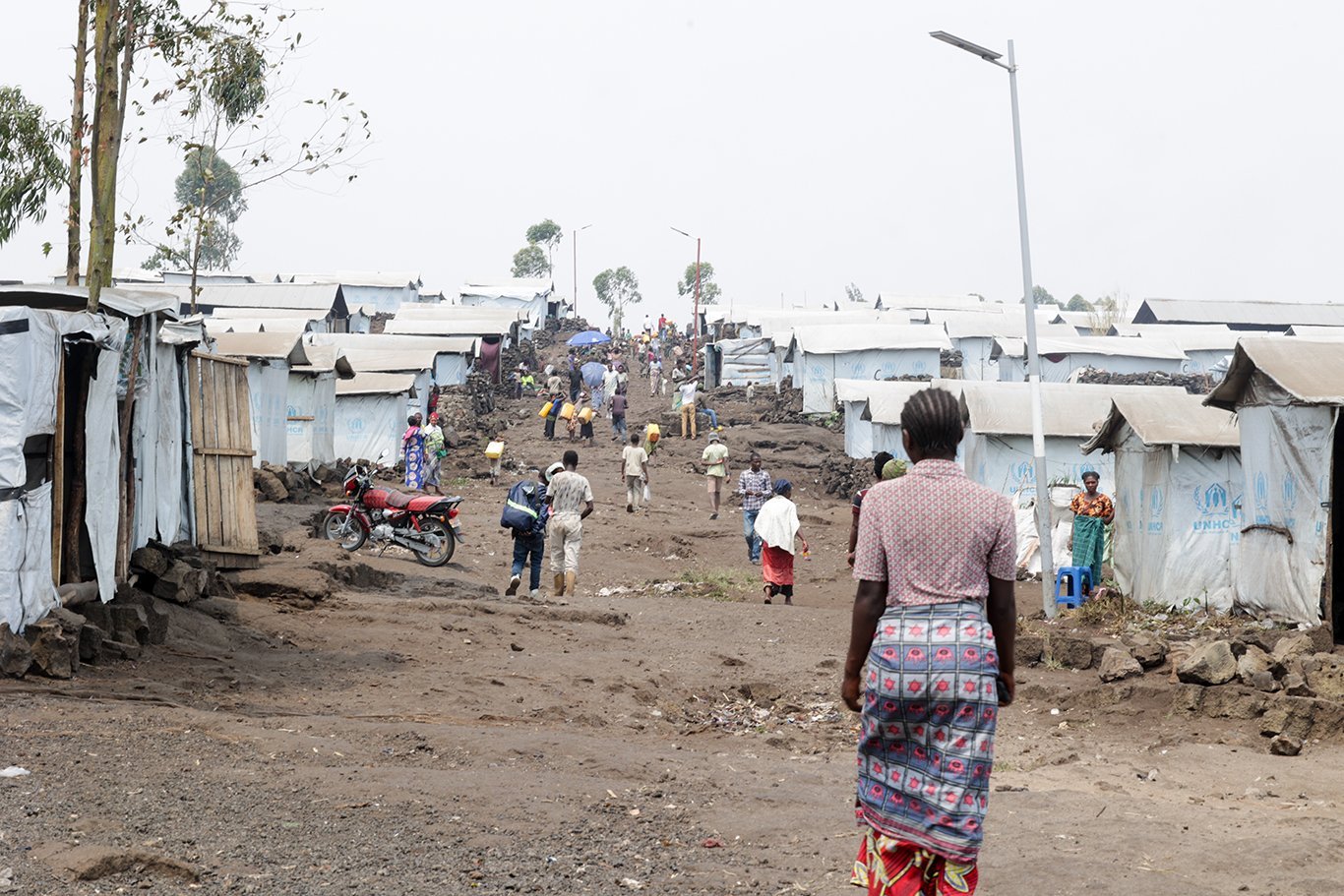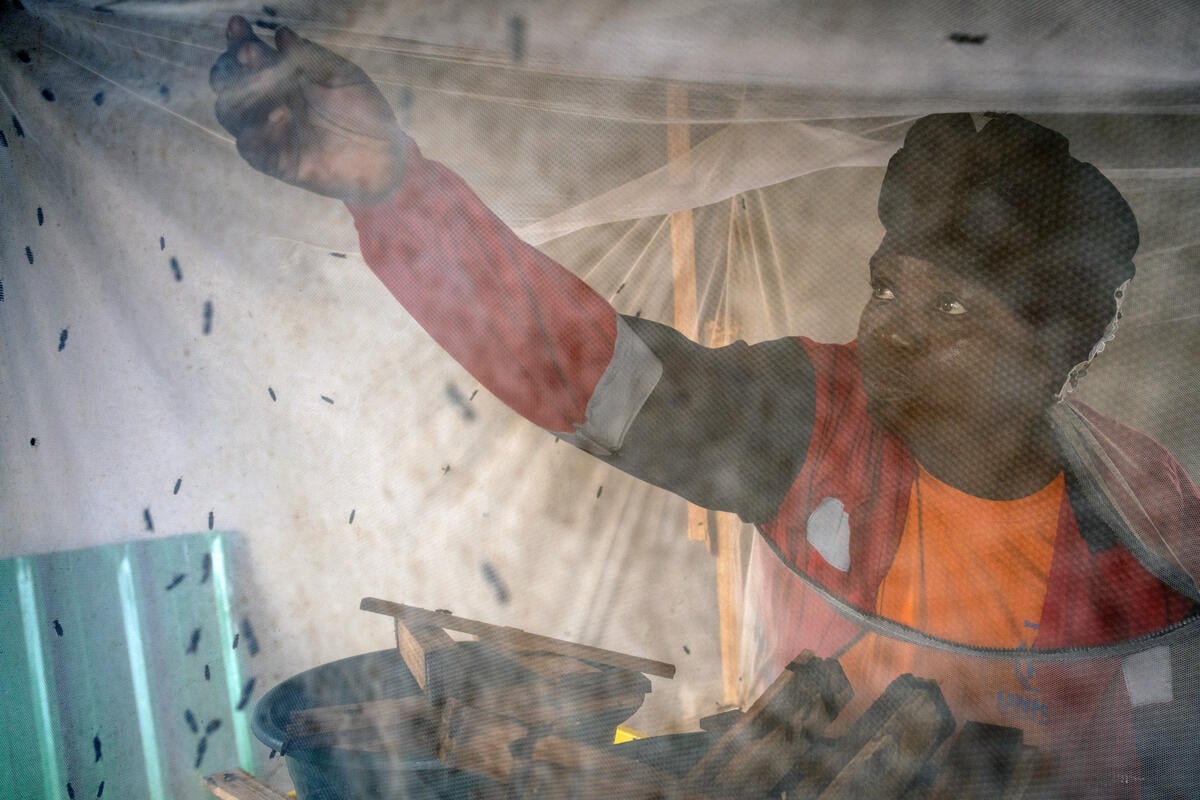Thousands of Congolese flee for Burundi amid renewed fighting in south Kivu
Thousands of Congolese flee for Burundi amid renewed fighting in south Kivu

BUJUMBURA, Burundi, Jan 7 (UNHCR) - A new wave of over 8,500 Congolese refugees have fled into Burundi following renewed fighting in the south Kivu region of the Democratic Republic of the Congo (DRC). This comes less than three weeks after a power-sharing peace deal was signed between opposing forces in the DRC.
The resurgent conflict erupted on December 26 between the traditional Mai-Mai militia and the rebel group, Congolese Rally for Democracy (RCD-Goma) in rural areas of south Kivu. By December 31, the fighting had engulfed the strategic town of Uvira on the shores of Lake Tanganyika, sending thousands of refugees across the border.
Since December 26, UNHCR in Burundi has registered 7,386 refugees at a transit site in Rugombo in Cibitoke province, and 1,200 at another site in Gatumba, Bujumbura Rural. Burundi, itself wracked by many years of civil war, already shelters more than 12,000 Congolese refugees who had fled an outbreak of hostility between the two rebel groups last October.
The latest fighting in south Kivu comes nearly three weeks after the signing of a power-sharing deal between the Kinshasa government, the main rebel groups and the DRC's political opposition, to bring an end to the four-year war and pave the way for elections in two years.
There are growing concerns that RCD-Goma, which controls much of the Kivu region and various border crossings in south Kivu, is preventing people from leaving the strife-torn area to neighbouring Burundi. Congolese refugees who managed to cross the border report that the rebels allow only those with travel documents to leave south Kivu.
However, the majority of those fleeing to Burundi do not have the necessary documents. They are forced to cross the Rusizi River - which separates eastern DRC from Burundi - before dawn, when the checkpoints are unmanned. Many say they start crossing the river border at about 4 am, sneak through the bush along the shores of Lake Tanganyika and arrive in safer areas of Burundi by early morning, exhausted from the three-hour journey.
The waters of the Rusizi River are, however, steadily rising due to the rainy season, raising concerns for the safety of those trying to cross.
Burundian military personnel have been registering the new arrivals upon their arrival on the Burundi side of Lake Tanganyika. The refugees are escorted by military personnel through the Rusizi national park to the temporary site at Gatumba. Among the recent arrivals are some 40 fishermen who fled with their fishing boats and equipment. They have asked to be allowed to remain among local fishermen along the shores of the lake.
Meanwhile, UNHCR in Burundi continues to transfer Congolese refugees displaced by October's conflicts from border sites in Rugombo and Gatumba to safer inland camps in Cishemeye in Cibitoke province, and Gasorwe in Muyinga province. To date, the agency has moved 3,013 refugees to Cishemeye and 2,373 to Gasorwe. More than 6,500 others remain at the two temporary sites and are awaiting relocation to the camps. The latest influx of refugees from south Kivu will delay the expected closure of the border sites.


